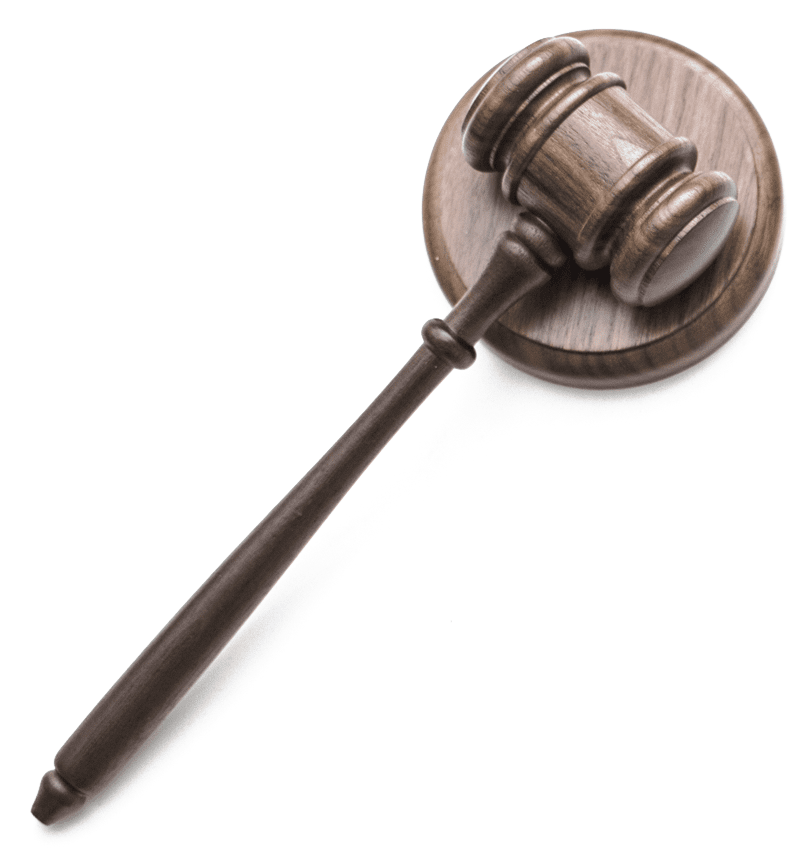⚖️ What Happens in a Probate Court Trial?

Process of a Probate Court Trial
A probate court trial is a legal proceeding that occurs when there is a dispute over a deceased person’s estate—often about a will, inheritance rights, or the actions of an executor or trustee. It happens when the normal probate process can’t be resolved administratively and must go before a judge.
⚖️ What Happens in a Probate Court Trial?
1. Filing and Pre-Trial Motions
-
The trial begins after someone files a petition contesting part of the probate process (e.g., challenging a will, disputing heirship).
-
The parties may file pre-trial motions to admit or exclude evidence, or even try to dismiss the case.
2. Discovery Phase
-
Just like in other civil trials, both sides can:
-
Request documents
-
Take depositions (sworn testimony outside of court)
-
Issue subpoenas
-
3. Trial Begins
-
Judge (not a jury) typically hears the case (some states allow jury trials in probate, but it’s rare).
-
Opening statements: Each side explains what they intend to prove.
🧾 Common Probate Trial Issues
| Type of Dispute | Description |
|---|---|
| Will Contest | One party challenges the validity of the will (e.g., undue influence, fraud, lack of capacity). |
| Heirship Disputes | Arguments about who qualifies as an heir under the law. |
| Executor Misconduct | Claims that the executor mishandled estate assets or failed in their duties. |
| Trust Disputes | Battles over the terms or administration of a trust. |
| Forgery/Fraud Allegations | Claims that a will or signature is fake or altered. |
🧑⚖️ Trial Process (Typical Order):
-
Opening statements
-
Presentation of evidence
-
Witness testimony (doctors, attorneys, relatives, handwriting experts, etc.)
-
Documents (wills, medical records, financial statements)
-
-
Cross-examination
-
Closing arguments
-
Judge’s ruling (may be immediate or issued later in writing)
⏱ How Long Does It Take?
-
A trial can last a few hours to several days or weeks, depending on complexity.
-
Probate litigation can delay the distribution of the estate for months or years.
✅ Outcome
-
The judge may uphold or invalidate the will, replace the executor, determine rightful heirs, or order restitution.
-
The decision can be appealed, prolonging the process further.